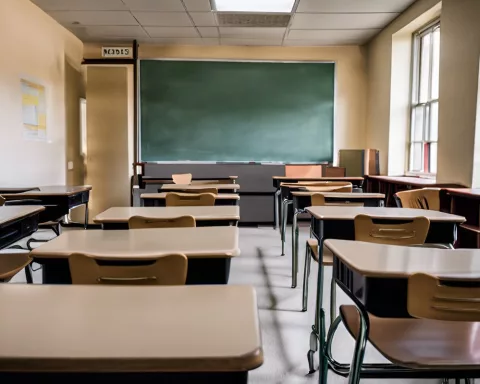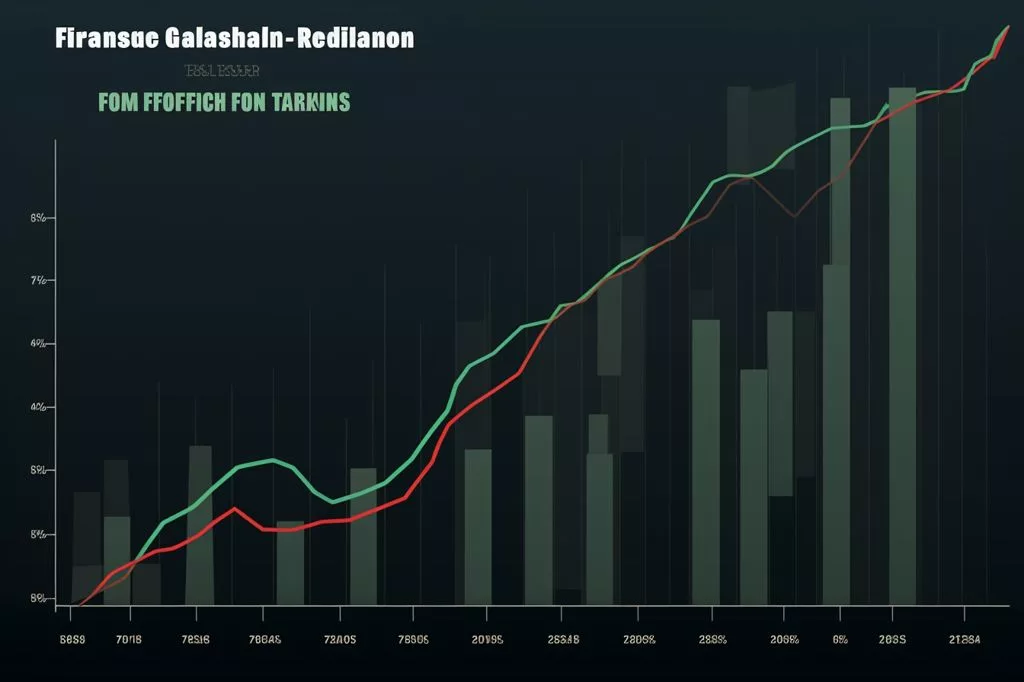The Oppenheimer Memorial Trust Education report on South Africa’s education system has faced criticism for being weak, misleading, and one-sided. The report’s limited methodology, failure to engage with current government activities, exclusion of language issues, and reliance on outdated and flawed data all contribute to a weak and unhelpful understanding of the challenges and progress made in South Africa’s education sector. The Department of Basic Education has expressed disappointment in the report and called for a more comprehensive and accurate approach to analyzing the education system.
What are the criticisms of the Oppenheimer Memorial Trust Education report on South Africa’s education system?
The Oppenheimer Memorial Trust Education report has been criticized for its weak, misleading, and one-sided analysis of the education system. The report’s limited methodology, failure to engage with current government activities, exclusion of language issues, and reliance on outdated and flawed data all contribute to a weak and unhelpful understanding of the challenges and progress made in South Africa’s education sector.
The Department of Basic Education (DBE) in South Africa has voiced its significant disappointment concerning the recent Oppenheimer Memorial Trust (OMT) Education report. Despite the report’s focus on the future of the country’s education system and the introduction of various proposals, it has been met with criticism for being weak, misleading, and not engaging with the current context of activities within the DBE.
Limited Methodology: An Incomplete Picture
A primary critique of the OMT report stems from its research methodology. The report mainly depends on desktop research, which is well-known for posing limitations in reliability, accuracy, and relevance. While the report includes interviews conducted with individuals described as “brilliant and excellent,” it has been criticized for not engaging with more recent government publications and plans. As a result, the report fails to consider critical information from the Medium Term Strategic Framework (MTSF) documents, which would have allowed the OMT to engage more effectively with the government’s current activities and thinking.
Ignoring Language and Multilingual Education: A Critical Oversight
Another notable weakness of the OMT report is its intentional exclusion of the issue of language and its impact on learning opportunities for both teachers and learners. Instead of acknowledging the long-term negative effects of focusing on English within the education system, the report recommends increasing the emphasis on English. This approach is particularly perplexing, given the DBE’s efforts in 2022 to address language issues by altering the language landscape and creating more inclusive school environments for all children.
The report’s release timing is also questionable, as concrete milestones have already been achieved, and new national strategies for multilingual education and reading literacy have been implemented. The DBE has thus raised concerns about the intentions behind the OMT report, which seems to echo past deficit narratives rather than highlighting the progress made in recent years.
Comprehensive Review: A Necessary Step
To understand South Africa’s education system complexities, the DBE contends that a comprehensive desktop review should not only encompass government documents but also consider teacher union policies, reviews from global organizations such as the OECD, and media coverage of education. By limiting its scope and basing its findings on narrow and outdated information, the OMT report fails to provide an accurate or insightful analysis of the current state of education in South Africa.
Inaccurate Data and Omissions: Undermining Credibility
The OMT report acknowledges some improvements in learning outcomes yet seems to portray the education system as stagnant and failing. This view contrasts sharply with data from international testing programs, which indicates that the quality of scholastic achievements has improved at an unprecedented rate compared to global trends. If the report had engaged with the DBE’s claims that South Africa would reach Malaysia’s level of educational quality by 2030 based on historical rates of improvement, the resulting analysis would have been far more insightful.
Additionally, the report makes the dubious claim that approximately 60% of classes are not being taught. This figure, derived from a 2012 study of 58 schools by Carnoy et al., appears to be based on the absence of writing in learner notebooks on a particular day. However, this method of assessment is flawed, as teaching can occur without learners writing. The report’s failure to address these inconsistencies further undermines its credibility and usefulness.
In conclusion, the Oppenheimer Memorial Trust Education report has been criticized for its misleading and one-sided analysis of South Africa’s education system. The report’s limited methodology, lack of engagement with current government thinking and activities, exclusion of language issues, and reliance on outdated and misleading data all contribute to a weak and unhelpful understanding of the challenges and progress made in South Africa’s education sector. As the DBE continues its efforts to improve the quality of education for all learners, it is crucial that future reports and analyses take a more comprehensive and accurate approach to understanding the complex and evolving landscape of South Africa’s education system.
1. What are the criticisms of the Oppenheimer Memorial Trust Education report on South Africa’s education system?
The Oppenheimer Memorial Trust Education report has been criticized for its weak, misleading, and one-sided analysis of the education system. The report’s limited methodology, failure to engage with current government activities, exclusion of language issues, and reliance on outdated and flawed data all contribute to a weak and unhelpful understanding of the challenges and progress made in South Africa’s education sector.
2. What is the primary critique of the OMT report’s research methodology?
A primary critique of the OMT report stems from its research methodology. The report mainly depends on desktop research, which is well-known for posing limitations in reliability, accuracy, and relevance.
3. Why is the exclusion of language and multilingual education considered a critical oversight?
The intentional exclusion of the issue of language and its impact on learning opportunities for both teachers and learners is considered a critical oversight. The report recommends increasing the emphasis on English instead of acknowledging the long-term negative effects of focusing on English within the education system. This approach is particularly perplexing, given the DBE’s efforts in 2022 to address language issues by altering the language landscape and creating more inclusive school environments for all children.
4. Why is the timing of the report’s release questionable?
The timing of the report’s release is also questionable, as concrete milestones have already been achieved, and new national strategies for multilingual education and reading literacy have been implemented. The DBE has thus raised concerns about the intentions behind the OMT report, which seems to echo past deficit narratives rather than highlighting the progress made in recent years.
5. What does the DBE contend should be included in a comprehensive review of South Africa’s education system?
To understand South Africa’s education system complexities, the DBE contends that a comprehensive desktop review should not only encompass government documents but also consider teacher union policies, reviews from global organizations such as the OECD, and media coverage of education.
6. How does the OMT report undermine its credibility?
The OMT report undermines its credibility by acknowledging some improvements in learning outcomes yet seems to portray the education system as stagnant and failing. The report’s failure to address inconsistencies in data and omissions further undermines its credibility and usefulness.
7. How has the DBE responded to the OMT report?
The DBE has expressed disappointment in the report and called for a more comprehensive and accurate approach to analyzing the education system. The DBE has also raised concerns about the timing of the report’s release and its exclusion of language issues.
8. What is the DBE’s goal for the education system in South Africa?
The DBE’s goal is to improve the quality of education for all learners in South Africa. It is crucial that future reports and analyses take a more comprehensive and accurate approach to understanding the complex and evolving landscape of South Africa’s education system.












